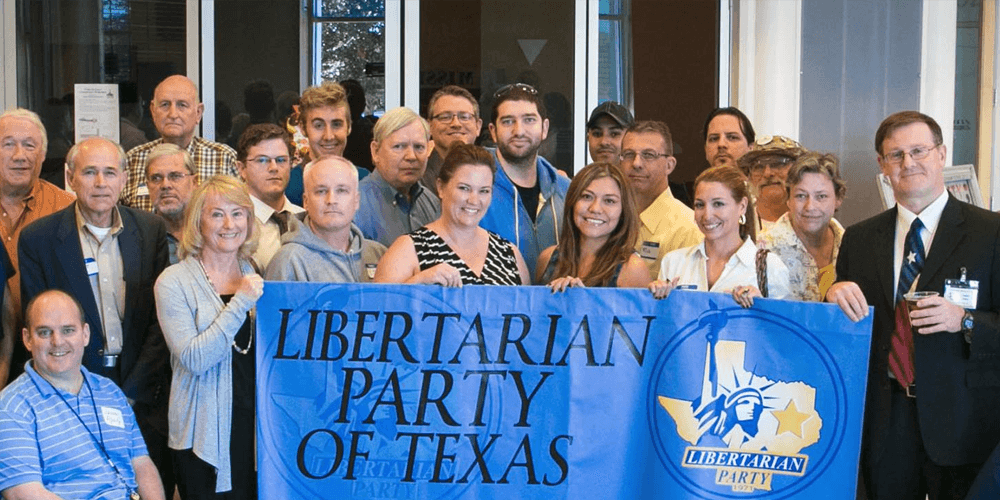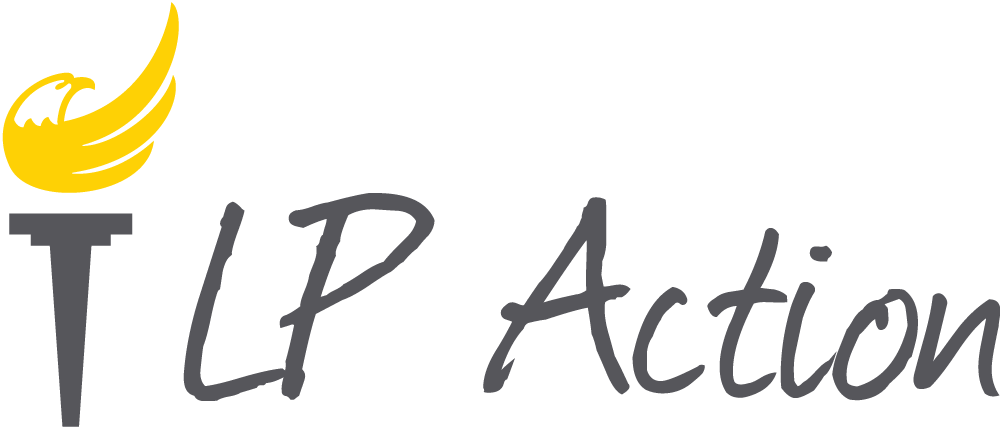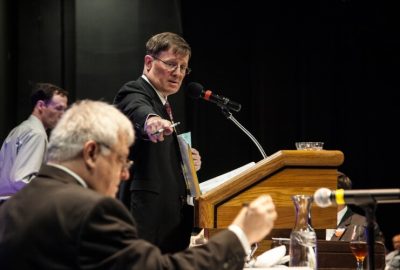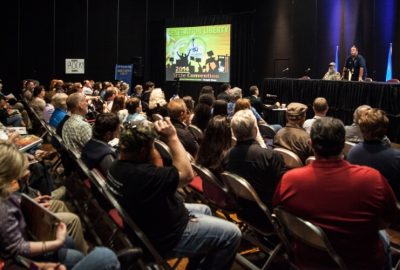Staffing Your State Party
Staffing Your State Party

Most states are volunteer-led organizations. A small number have the financial wherewithal to consider paid staff. Below offers the perspective and resources(templates) on using staff starting with an Executive Director.
Why Hire an Executive Director?
A paid Executive Director, provides the day-to-day leadership along with many of the basic operational requirements of the party, freeing up volunteers, including state and local party officials, to work at sustainable levels on political outreach and party growth activities. Relying solely on volunteers can result in websites, databases, party official lists, and phone numbers that are outdated, incomplete, or inaccurate, which hampers the recruitment of new members, activists, and candidates. Further, the lack of organizational management hurts local grassroots efforts, candidate recruitment and the development of party sub-committees. Many willing volunteers are asked to do too much, are over-worked, frustrated, burnt-out, and end up quiting.
State Parties should hire an executive director to raise funds, help recruit candidates, maintain databases and website, issue press releases, responded to volunteers, organize the convention, etc. (wherever help is needed). Leadership should feel like they want and need help from the Executive Director so they are also willing to donate and help raise funds to cover the cost of the executive director–but the executive director needs to realize they must FIRST raise funds to cover their costs, then go out and do all the fun projects–not do fun projects and hope that wonderful activity will cause funds to trickle in indirectly.
Compensation
A good model is a small base + commission. Paying executive directors a percentage of funds raised incentives the fundraiser. However, the ED must also carry out non-fundraising activities so a small base should be paid to cover that portion of work. You can do graduated percentage targets that keeps the fundraiser striving to raise more. Why? The first dollar raised is much easier than the last dollar raised. Make the base very low to start, and terminate if enough isn’t raise to cover the cost. Customize the revenue targets. Make the ED stretch to reach higher percentage levels. The base should be relatively low. The base range within states will likely range from $175-$400/wk. The one drawback to paying commission is that it may prevent other party leaders from helping raising money. The Chair should be your #1 help.
Another option is to pay a flat rate starting very low and do rapid raises if the performance coincides. Classify staff as an independent contractor to avoid paying benefits and employee taxes.
Most of the contract details aren’t too important so long as they don’t put the party at risk of going into debt. The simpler the better.
State ED’s are likely to work longer hours than what the contract may call for (in terms of pay netted each week). Upfront investment of time and energy are needed to get inactive or small state parties able to present a value proposition for donors. That will take time. Larger states may be able to do a full-time ED. One key is to find people that have flexible hours in their current career. Look inside the party to people who have already proven themselves as “super volunteers” as potential candidates for the position.
The most important thing is that the Executive Director has to feel responsible for raising the money, and has to be prepared to reduce his hours or pay or resign or be fired if there is not enough money to pay him. However, the chair and others should feel responsible for helping to raise the money.



